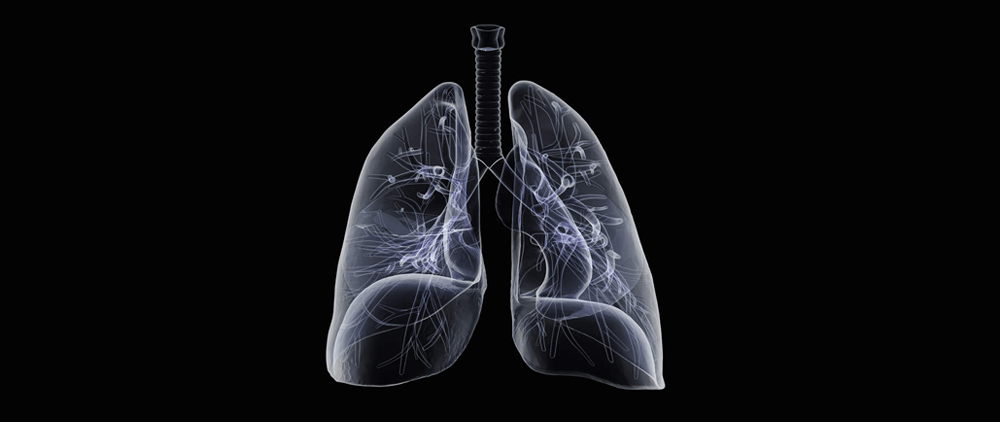Experiencing coughing and chest discomfort? Could it be bronchitis? Or is it pneumonia? While the two illnesses share similar symptoms, they require different treatment plans, and a correct diagnosis is key to helping you start feeling better. Learn how to tell the difference between the two conditions.
Acute Bronchitis
Acute bronchitis is generally viral in nature and often develops after an upper respiratory illness, such as cold or flu. The condition is an inflammation of the bronchial tubes (the airways of the lungs), which leads to excess mucus production and coughing. Symptoms include:
- Cough, with or without mucus production
- Soreness or discomfort in the chest
- Shortness of breath
- Fatigue
- Mild fever and chills
- Headache and body aches
Acute bronchitis will usually go away on its own and antibiotics are not recommended for treatment. To feel better, get lots of rest and drink plenty of fluids. Most symptoms will subside within a week, though your cough may persist for several weeks.
Pneumonia
Pneumonia feels similar to bronchitis but is a much more serious illness. It is an infection of the alveoli– the air sacs in the lungs that transfer oxygen to the bloodstream. The alveoli become inflamed and may fill with fluid or pus. Because the condition affects your oxygen supply, it can severely compromise the organs and tissues in your body.
Symptoms vary based on your age, overall health, and what’s causing the infection, but generally include:
- Cough, with or without mucus production
- Sharp chest pain
- Shortness of breath
- Fatigue
- Fever, sweating, and shaking chills
- Nausea, vomiting, or diarrhea
Adults aged 65 and older may also experience:
- Confusion or changes in mental awareness
- Lower than normal body temperature
Treatment for pneumonia depends on your age, overall health, and the type and severity of the illness. Options include antibiotics, over-the-counter cough medicines, and fever reducers/pain relievers.
If you’re experiencing symptoms that indicate pneumonia, head into our clinic today. Our medical team can help diagnose your illness and determine the best treatment plan to get you back to normal.


